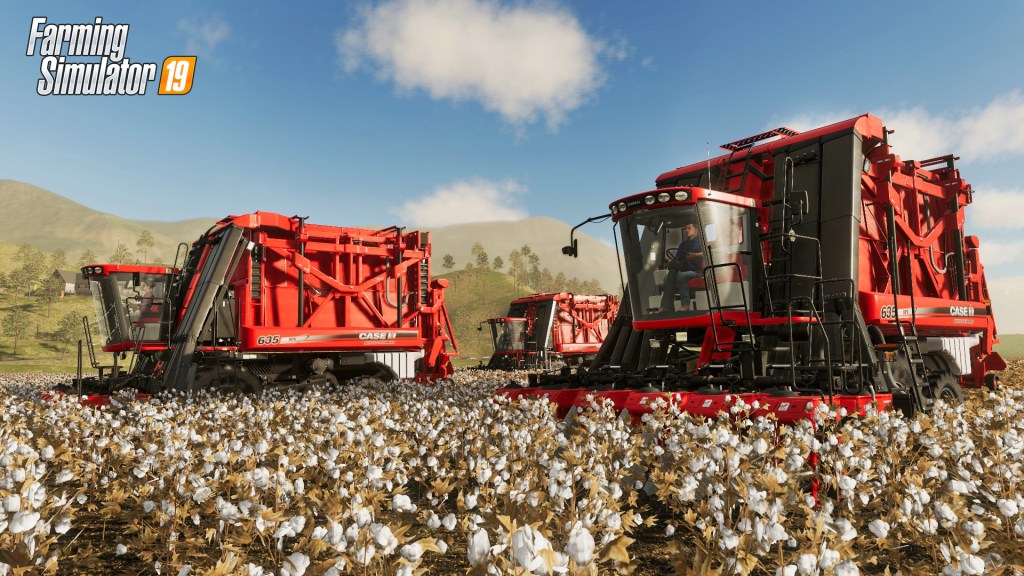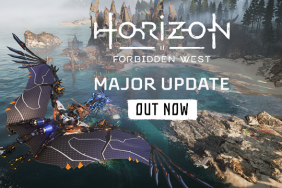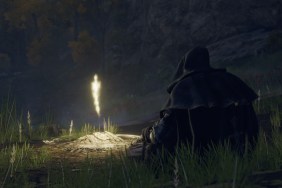While at Focus Home Interactive’s What’s Next event, we got a chance to talk with two of the brains behind Farming Simulator, Chief Operating Officer Yann Le Tensorer and Associate Producer Laetitia Sodoyer. Together, they gave insight on how to get into the Farming Simulator games, what makes them accessible, the way the the team handles crunch, and how they develop trophies.
It’s a niche series, for sure, but there is a massive community behind it, so talking with them was insightful and answered some of the many questions raised in terms of development. Even if you aren’t into the Farming Simulator games (like me), they’re a developer that does a lot right. And with hundreds of thousands of fans, that cannot be denied.
Joseph Yaden: I’m going to be honest, I’ve never actually played Farming Simulator before. If you’re someone who’s already into farming, it makes sense to play this game, but what about those who aren’t into farming? What do you think the game has that is appealing to people who aren’t into that kind of thing?
Laetitia Sodoyer: We try to add a strategic layer in the game now, which can be more interesting for people who might not be fond of sandboxes. So it’s a bit more interesting for them. Also, we have new features in the [Farming 19] version [like] scouting the terrain [and] taking care of [different] breeds. So it’s not only about fields and harvesting. It’s about [the entire] farm and how you grow it. [You] buy fields, you buy silos, big farms, etc. It’s also your business.
Yann Le Tensorer: It can interest people that really aren’t into farming. There are also some fundamental things [that are appealing]. It’s a peaceful game where you can relax and enjoy the nature. Just those fundamentals can be appealing to [those who live] in big cities [and have] stress. Some who like, perhaps, when they go home to have some time to play a bit differently than what they play before. [Things] like Call of Duty. Sometimes you need [a sense of] pace. You do a lot of hardcore gaming [and think] “Ah, I’d like to relax. I can grow [my farm a bit]. Let’s see…did my cotton grow? I can [grow some] a bit there,” etc. Even if you aren’t so much into farming, the feeling you have when you play is relaxing [and] it can be interesting.
LS: Kids, as well are very interested [in it]. That’s a big part of the community.
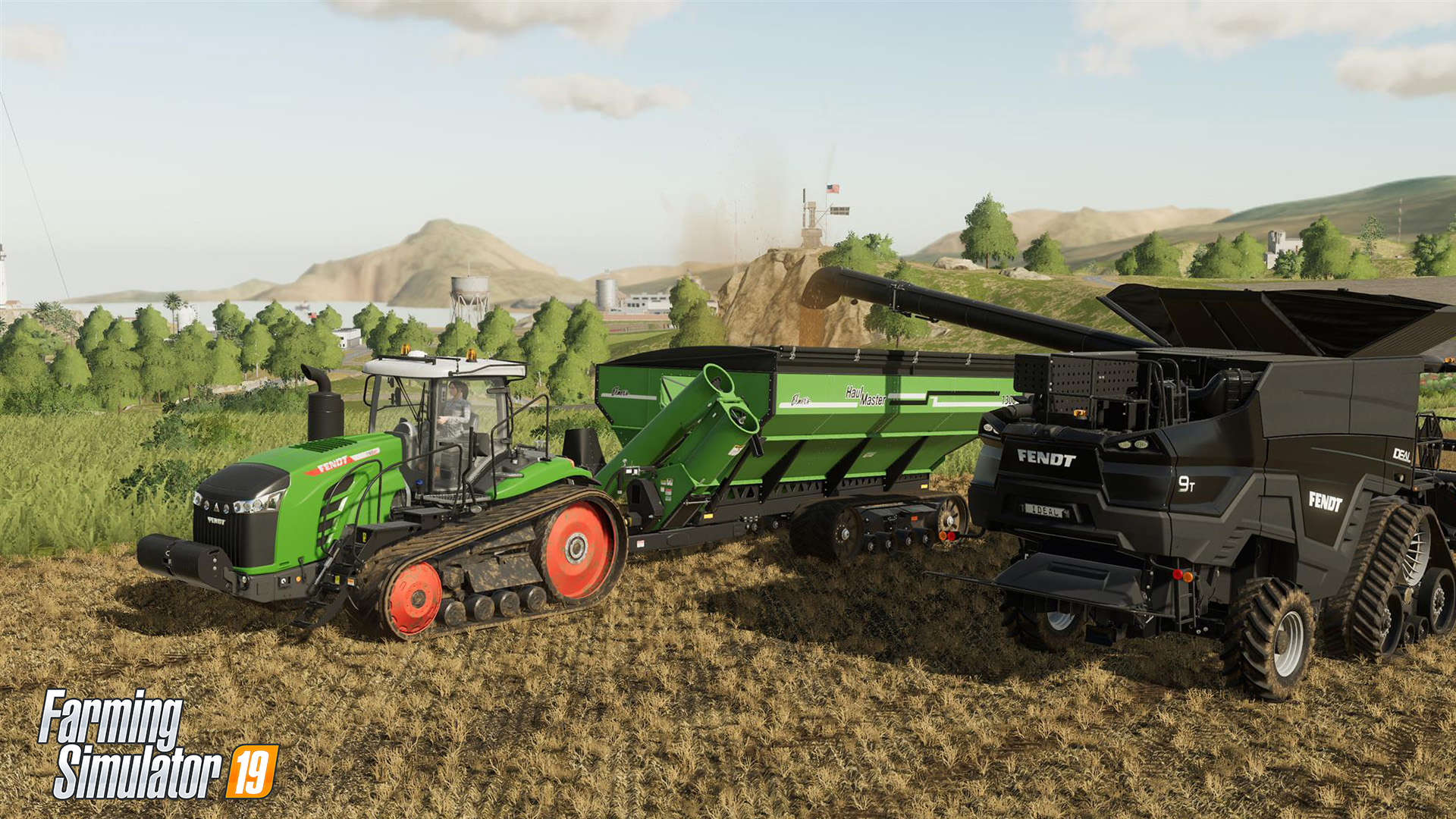
For me, it seems intimidating because I don’t know anything about farming. So maybe, yes, it’s fun, but do you think that’s a fair point, that it’s intimidating? Or do you think it’s easy to get into?
LS: Well, for now, yes. There is a part that is [quite] intimidating, like you said. Because [there are] a lot of features that you need to learn about. And we have some tutorials, but [in order to] step in, it’s quite frightening at the beginning. We will welcome this in the future, of course, but it’s still a sandbox, so you can try [lots of things]. There’s no [risk of failure]. It’s all about testing things.
YLT: You can do a bit [of] what you want in the game. Imagine if a six-year old kid can play the game. [The six-year old] is on his PlayStation and sees the [controller]. He can move around, and [maybe] he sees a tractor. He jumps into it and drives. He drives somewhere [and thinks] “What am I doing?” He’s having fun just by trying things that he could not try in real life. It’s not complicated.
It’s only complicated if you want to grow your farm and really step in. At some point, yes, you can make it more complicated if you want to really optimize everything [or if you want to] grow your field etc. But you can also just simply explore and see what the pigs do or whatever, you know? [You can] give fruit to the cows. Or just discover bits of the levels.
[Farming Simulator] is an annualized franchise, so describe how the process of coming up with new ideas for the next year works. Does someone just pitch an idea [and say] “Hey, I think we should do this,” and you expand on it? [How does this process work?]
LS: Usually, we [listen to] the community, so every idea is good to take [into consideration]. So, it’s [good to] hear about them. But also, it’s [good to listen to] the team. We just listen to everyone’s feedback and requests and we study everything. We don’t have any limits. Of course, [we have to] make some choices and cut [ideas]. But yes, we go to the most important feedback first.
YLT: Also, one of the strengths of this franchise is [that] there’s a core team that’s [existed] from the beginning. [So it’s been] many years with the same people that knows [their community] very well. They really are into it, so they have a plan. There’s a vision that was built together with the players.
But it seems to me like eventually you’d run out of ideas.
YLT: [Laughs]
LS: No, never, because all of the community is developing mods. So we learn from [those] mods. It’s like any other company. Like, Blizzard, for example. They have a lot of modders. So [Blizzard] takes what [the modders] do and recreates it in the games themselves. We don’t do that. If the mod is really successful and has a lot of downloads behind it, we give money back to the programmer. So it’s really a win-win system. And so, the community is really a strength because they’re developing a lot of content for the game for us, so it’s like they’re a part of the team.
YLT: We have reached half a billion mod downloads. It’s really a lot. And we are one of the only companies that do modding for consoles like PlayStation. It’s not common. The community is really [like a] part of the development team.
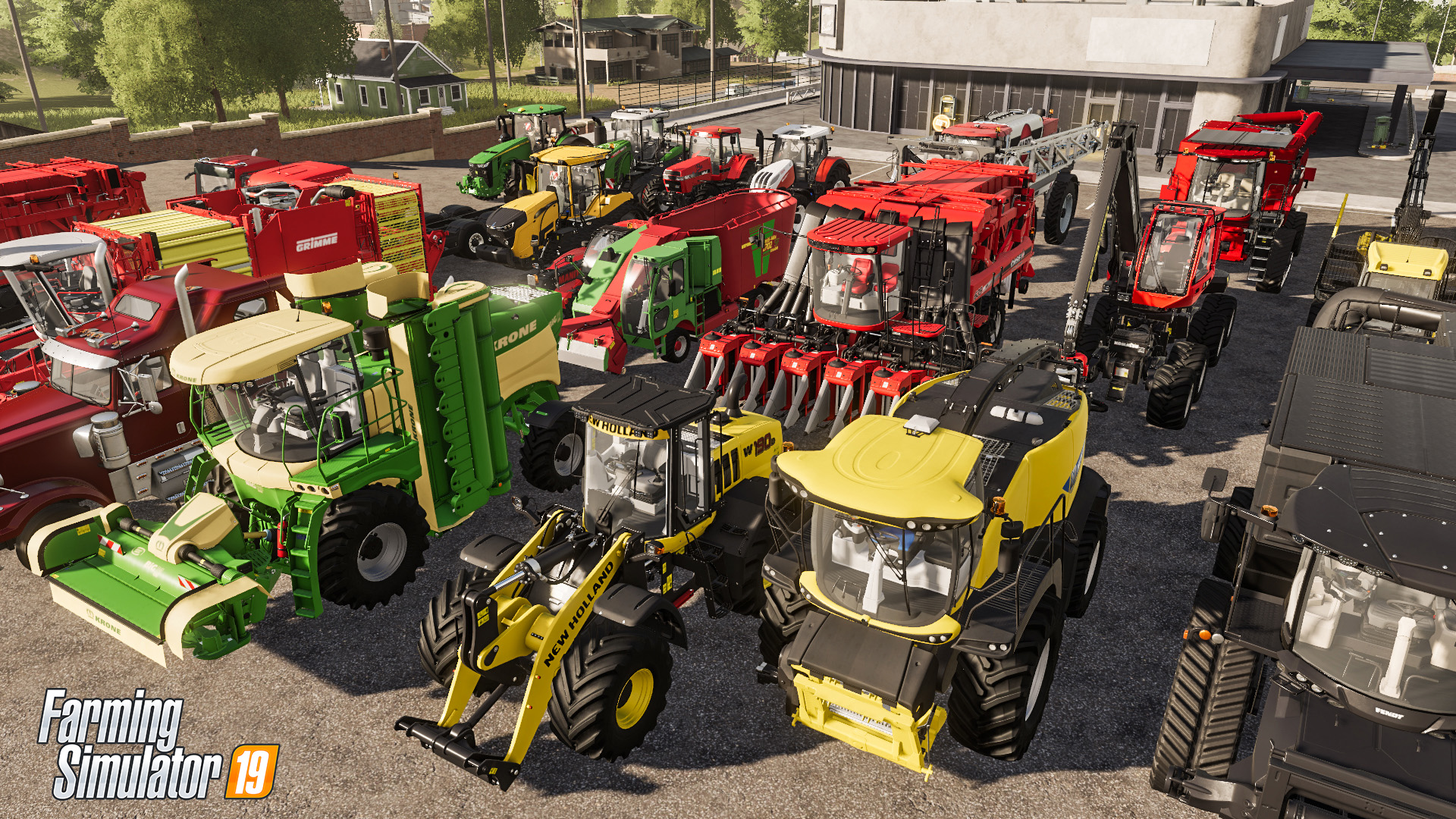
Speaking of the development team, how [does GIANTS Software] handle crunch? Is that something you guys deal with a lot? Is it a big issue for you?
YLT: No, there’s not so much crunch because we always know which feature comes [first] etc. Of course, when there’s some shifting, a few [people] have a bit of crunch, like the Associate Producer. She has to be there. But overall for the team, there is not so much crunch. I was at Ubisoft for many many years and I’ve done video games since ever. It’s only a year since I’ve [been with] GIANTS so I can compare to what exists in other companies. [We have less crunch.]
What would you say is the key ingredient to avoiding crunch?
YLT: You have to know what you’re delivering. Don’t promise things you cannot do. Be reasonable with the features.
LS: It’s all about improving features and adding new ones, but we are not recreating the game from scratch so it’s really easy to control. Well, easier.
YLT: For other games, obviously, if you plan well and have your technology ahead [it can be better]. That’s also a big problem to develop your own tech and have things that are not finished. [Then] you end up not being able to produce the content for this tech and end up [having to] crunch. It’s not our case so much. We iterate, we have the same engine, we optimize [the game] and work slowly.
LS: We work on our technology, so it’s our engine and the developers know the tech.
I know a lot of teams struggle with that, where they’re developing their own [tech] but if a problem arises, they don’t have anyone to ask for help.
LS: We are building a tool team, so they are working on the tools around the engine, [which] makes things easier on the production team. We also have an engine team [that] is growing, so now we should have [fewer] problems than in the past. Of course we have issues, but [they’re] not a big deal.
For other studios that maybe don’t have their ducks in a row like you guys do, do you think [their technology] is one of the big problems? I know a lot of teams struggle with the tools they have and the programs work against them sometimes. Do you think this is part of why teams have to crunch so much?
LS: It’s a strategy. It’s really a matter of choice, don’t you think?
YLT: Yes, the technology is a huge topic, especially [with] AAA production. You have a lot of people that work together and you need to synchronize [everything]. And if you have tools that don’t work well, then you end up having a lot of issues. This is something I have faced a lot before. So putting efforts on a good production pipeline is key.
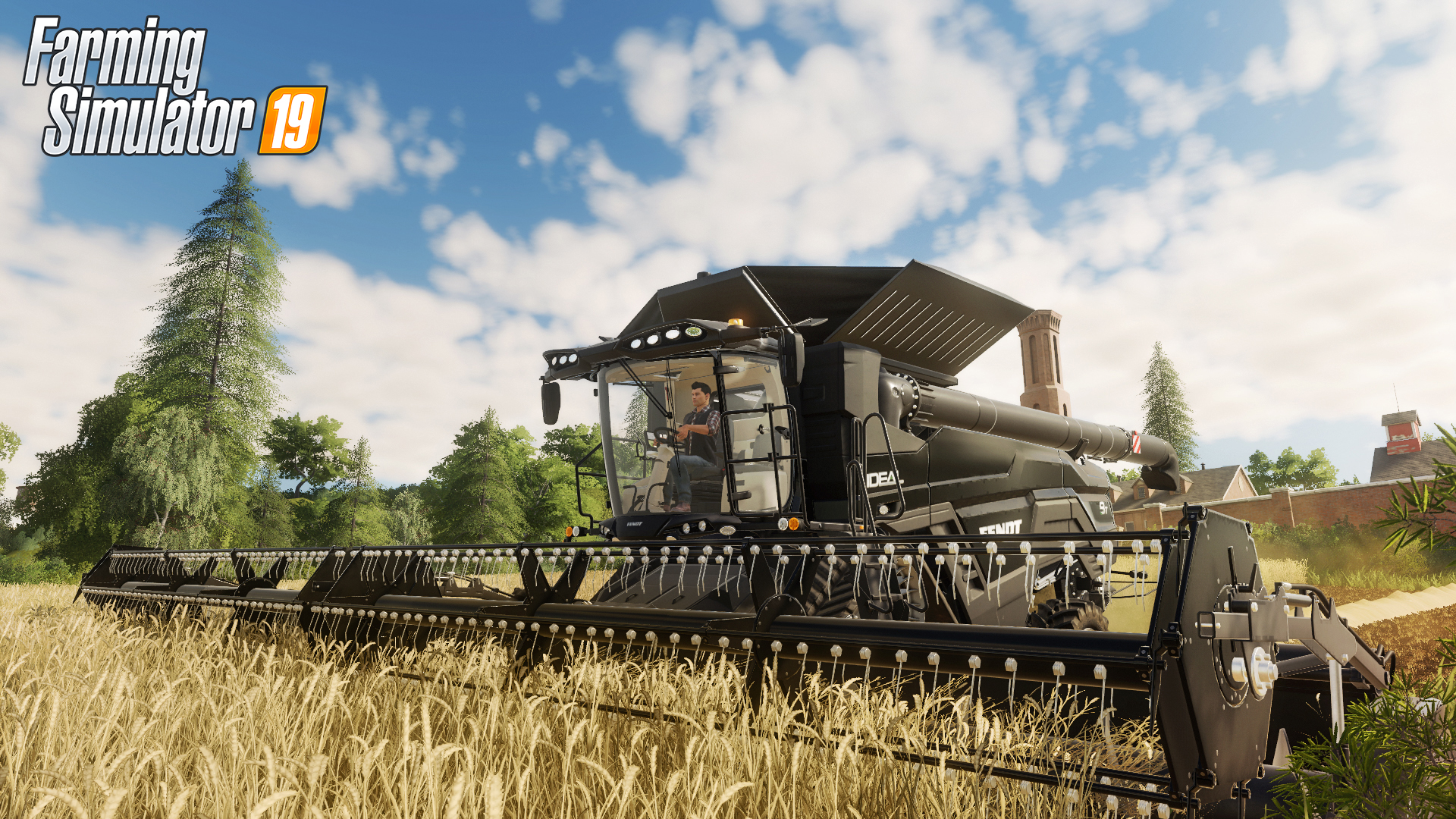
The reason I ask this is because games are crazily hard to make. I’ve played [some of] the stuff [at this event] and I can’t believe they exist. A lot of consumers don’t think about this at all. They play [a game] for five seconds and say, “Meh, it didn’t work the way I wanted it to”. So, from my point of view, I’m very concerned with how [games] get made and to be empathetic towards developers because I feel like a lot of times, they can never win.
LS: Yes, exactly.
How would you handle a situation in which you needed to request more [development] time from Focus [Interactive]? Would they give you a hard time about that?
LS: No, it’s okay. It’s not like how it was in the past. We couldn’t add patches, so now we still have this option to work on [the game]. We can still work on the game if we [get] feedback or [if there are] issues. It’s still possible to improve the game using a patch. We don’t like killing features if we can avoid it. That’s what happened with the terraforming feature. It was planned far before and we couldn’t [implement] it in time, so we [added] it in the second patch.
YLT: GIANTS is a developer that is always on time. They always match deadlines and it has always been like this. If there’s a delay, it would be really really short. But [something] like a major delay wouldn’t happen. It’s part of the culture and they will always deliver. We don’t request more time because there is no need. [Laughs]
It seems like GIANTS needs to talk to other developers to [get them] to do things the way you do, because delays are so common and issues pop up all the time.
LS: Yes, that’s why we do [cross-reference], for example. It’s a matter of exchanging information [with other companies] and reproducing the same mistakes. And we try to read what has been done in the past but it’s really complicated when you’re facing the issues for real.
Since I write for a PlayStation website, a lot of us are into the trophy ecosystem. Talk to me about how GIANTS comes up with the trophies in a game. Is that something you guys are really focused on?
LS: Not really. All the achievements come really late, actually. We have a few of them and then improve on them later.
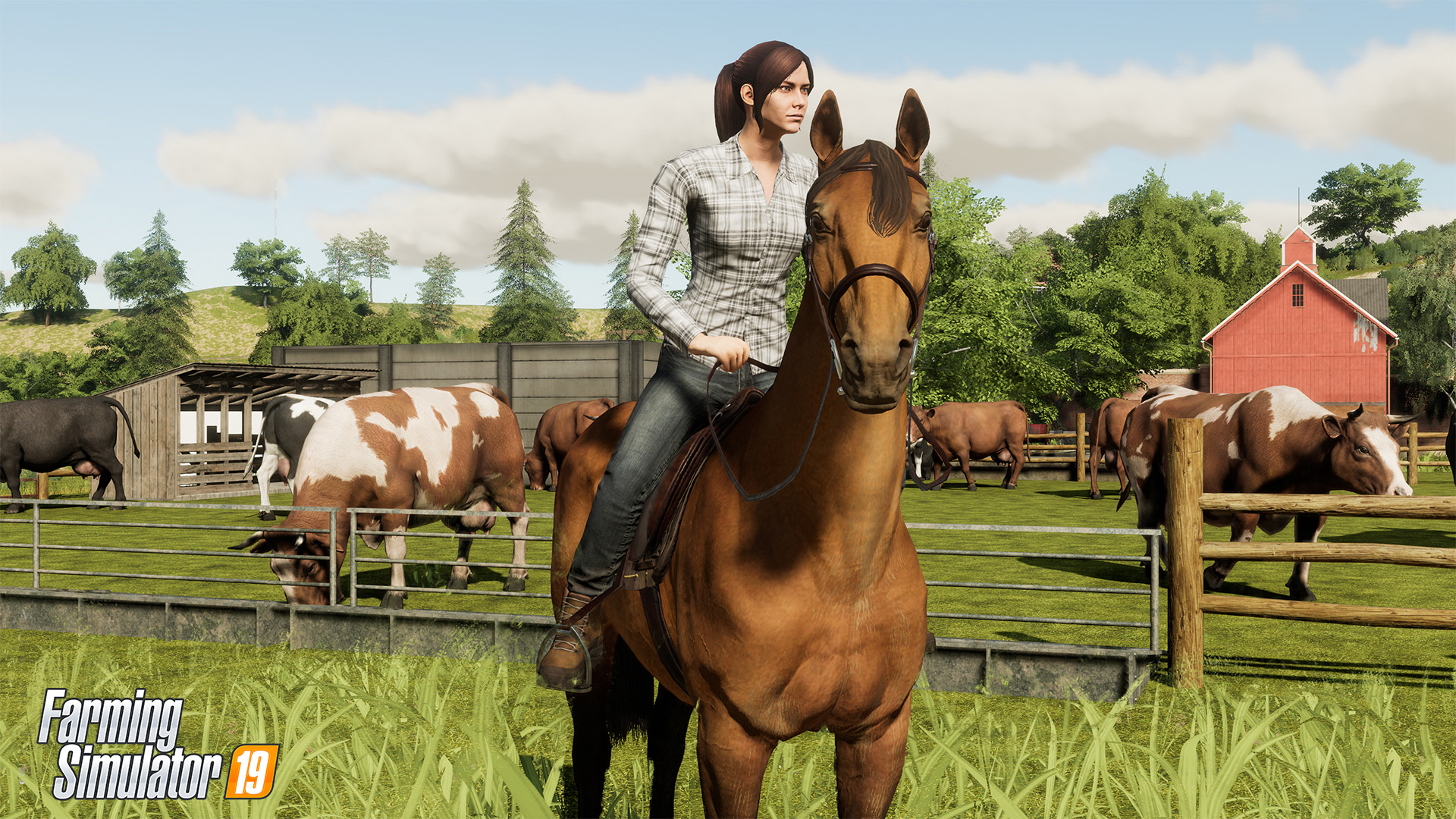
There’s a huge community of trophy hunters and it’s very important to them the way the trophies are set up. People get mad if the trophies are too grindy or obviously if there’s a glitched trophy that won’t unlock. So I was just curious about how you decide what the trophies are. You probably listen to the community, right?
YLT: Yes. It’s interesting because I think actually we should put more emphasis on this, based on what you’ve said. We could perhaps improve [and] make it a bit more strategic. Right now there are a lot of trophies but there isn’t too much reflection [of strategy]. I wasn’t aware that there was such a big community of [trophy hunters].
It’s to the point where certain people may not buy your game based on how the trophies are and it’s very interesting. If you’re not someone who pays attention to that community, you wouldn’t know that. There are a bunch of trophy tracking websites and forums and you can just see people talking [about trophies]. “Oh this game sucks because the trophy list is bad.” So, it might be worth considering to make sure the trophies are right.
YLT: This sounds like a good idea.
LS: We currently have around 17 trophies, [I think].
Well, it’s not so much about the amount of [trophies], but rather what they require you to do. The quality. I know recently Conan [Exiles] was released for PS Plus and you can go into the admin tools and basically cheat to get all the trophies. So everyone is getting the Platinum [trophy] and it’s weird because it’s not very fun.
You should look into some of those websites like True Trophies or PSN profiles because there is a whole loud group of people that you may not see in the normal communities.
YLT: Of course, we will. I’m sure there are some guys at GIANTS that are really into that. I wasn’t aware of this community, but I’m sure there are some guys that are already checking into this. It’s very interesting.
We’d like to thank GIANTS for taking the time to talk to us, and Focus Home for providing travel and accommodations to the What’s Next event in Paris.
